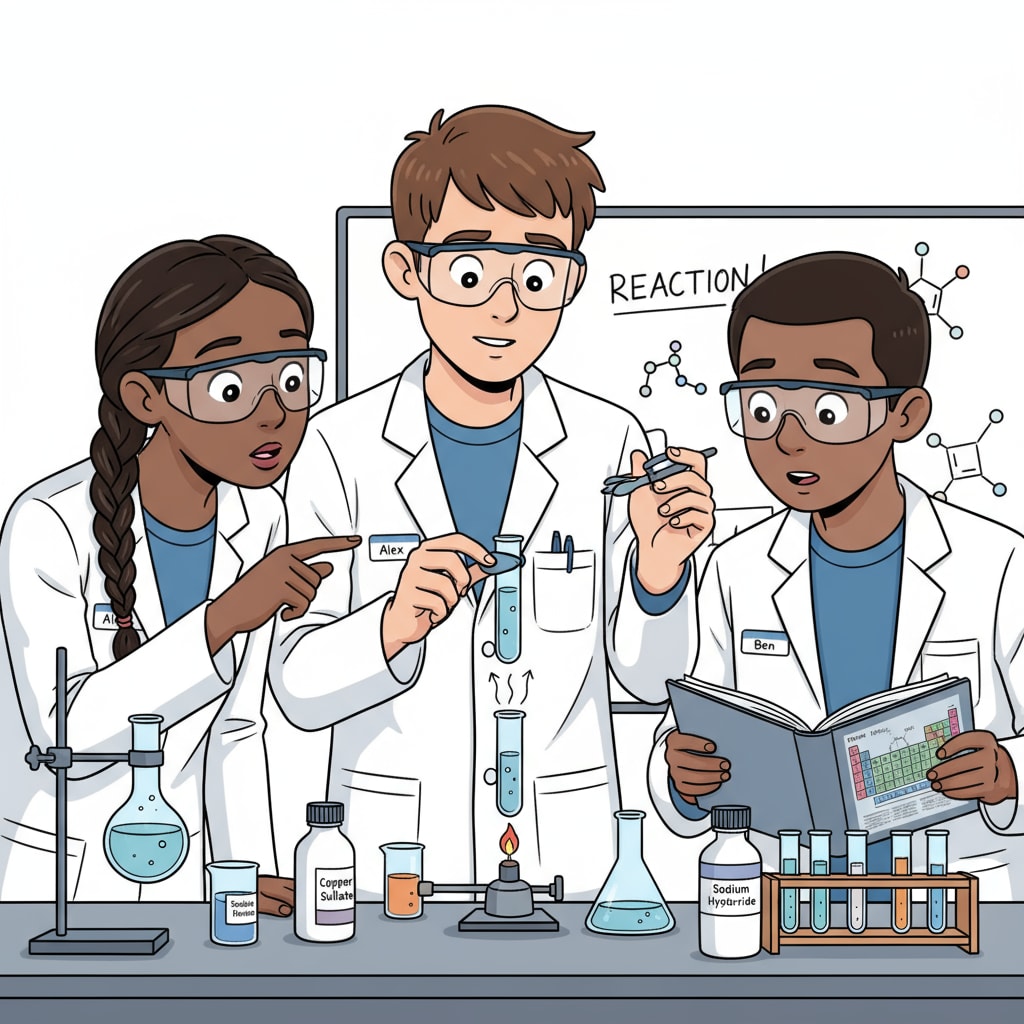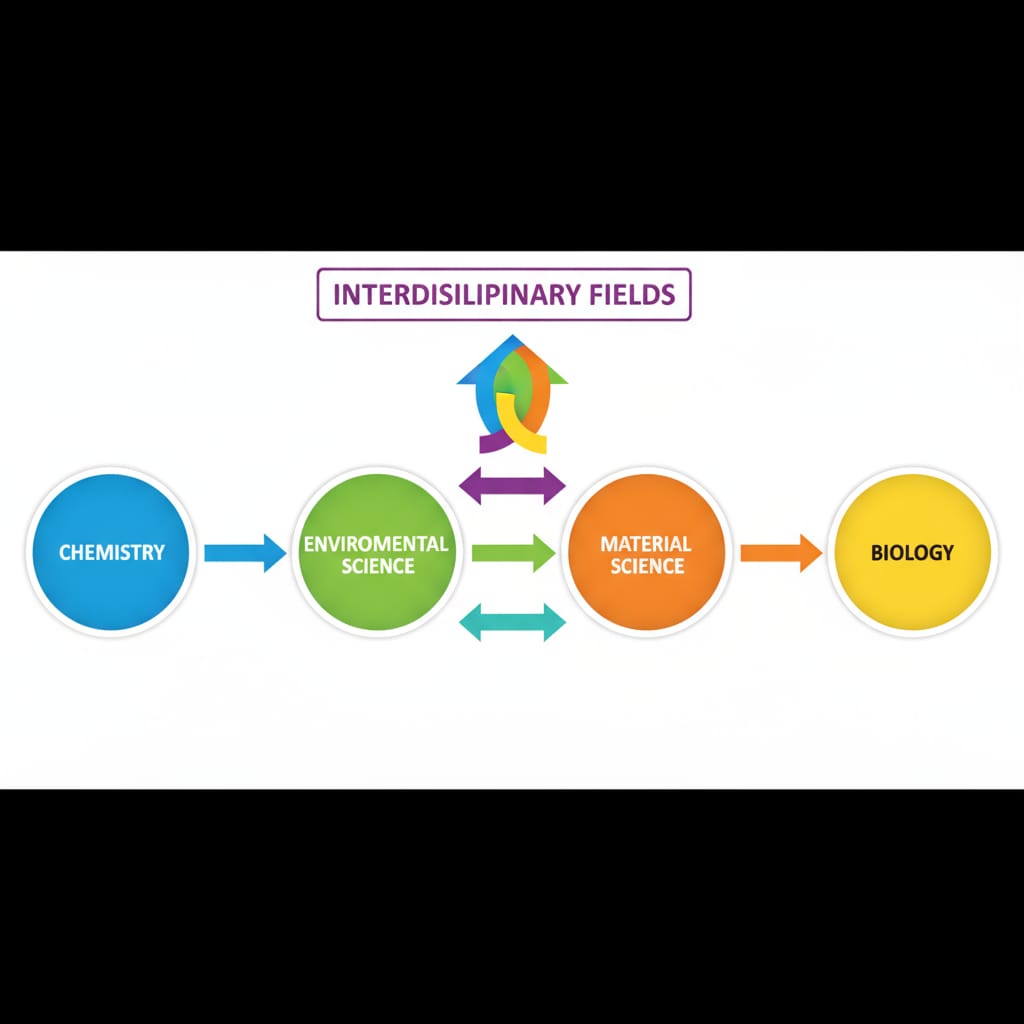Embarking on a chemical research project in high school can be both exciting and challenging. If you’re seeking chemical research, high school project, and topic selection advice, you’ve come to the right place. This guide aims to provide you with the necessary tools and inspiration to find a topic that not only piques your interest but is also feasible within the high – school context.

Understanding the Landscape of Chemical Research
Chemistry is a vast field with numerous sub – disciplines and countless research opportunities. Before diving into topic selection, it’s crucial to have a broad understanding of the different areas within chemistry. For example, inorganic chemistry focuses on the properties and reactions of inorganic compounds, while organic chemistry deals with carbon – based compounds. This knowledge will serve as a foundation for your topic exploration.
Finding Inspiration from Interdisciplinary Fields
One of the most exciting aspects of modern chemistry is its intersection with other disciplines. For instance, in environmental chemistry, which combines chemistry and environmental science, you can explore topics like the impact of pollution on water quality. In addition, material science and chemistry together offer opportunities to study new materials for various applications. Another interesting area is biochemistry, where chemistry meets biology.

Here are some potential research directions in these interdisciplinary areas:
- Investigating the use of natural materials as alternatives to synthetic polymers in environmental protection.
- Studying the role of enzymes in biological reactions and how chemical modifications can enhance their efficiency.
- Developing new materials for energy storage, such as advanced batteries.
Making the Topic Feasible
When choosing a topic, it’s essential to consider its feasibility. High school students often have limited resources and time. Therefore, your topic should not require overly complex equipment or extensive data collection that is beyond your reach. For example, instead of attempting to study a highly complex chemical reaction that needs a professional laboratory, you could focus on a simpler reaction that can be replicated in a school laboratory.
Aligning with Personal Interests
Your personal interests play a significant role in the success of your research project. If you’re passionate about health and wellness, you might explore topics in pharmaceutical chemistry. If you’re interested in the environment, environmental chemistry offers a wide range of options. By choosing a topic you care about, you’ll be more motivated throughout the research process.
Readability guidance: As you can see, we’ve used short paragraphs and lists to summarize key points. Each H2 section has a list to make the information more organized. We’ve also kept the proportion of passive语态 and long sentences in check and added transition words like “for example”, “in addition” to make the flow of the article smoother.


